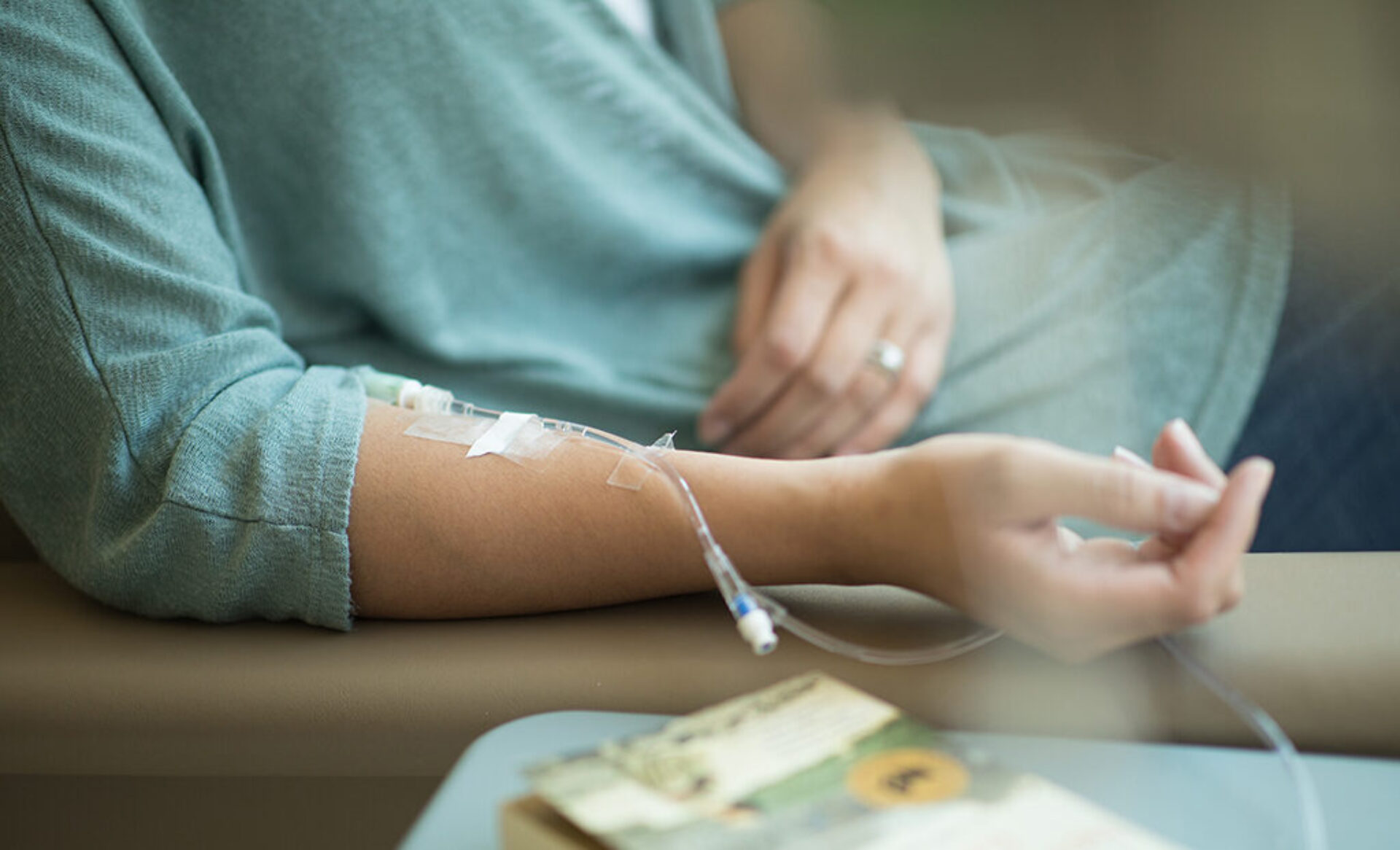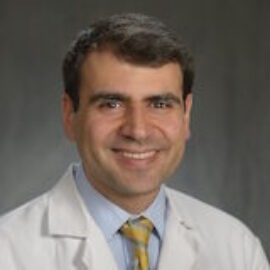
AHOPS: Advanced Hematologic Malignancy Outpatient Service
- Clinical Transformation
AHOPS provides a dedicated Advanced Practice Provider to staff infusion chairs at the Perelman Center for Advanced Medicine to improve access to and delivery of outpatient hematologic oncology care. 100% of respondents reported that their needs were met, they felt cared for, and they were very likely to recommend their assigned provider.
Patients with hematologic malignancies often have unpredictable and intensive care needs. Patients with leukemia, for example, require frequent infusion appointments but cannot always be seen by a provider before their infusion, so treatment plan decisions must often be made remotely between infusion RNs and the care team. This disconnect leads to disrupted workflows for infusion RNs and providers, scheduling challenges and delays experienced by patients on the day of their infusion appointments. Additionally, these patients are often hospitalized for treatment that could have been administered as outpatient care, contributing to more inpatient bed unavailability.
Seeking to address these problems, the selected 2022 Cancer Service Line (CSL)-PC3I Innovation Accelerator project explored solutions to improve access to and delivery of outpatient hematologic oncology care. The project, led by Alfred Garfall, Assistant Professor of Medicine and Director of Autologous Hematopoietic Stem Cell Transplantation at the University of Pennsylvania, focused on providing a dedicated Advanced Practice Provider (APP) to staff infusion chairs at the Perelman Center for Advanced Medicine. Through a dedicated workflow and scheduling pathway, this APP could evaluate and treat acute leukemia patients with supportive services directly in the infusion suite.
While initially staffed and supported by PC3I project managers, this project has grown since its launch and has since implemented an APP-led clinic embedded in infusion to improve care coordination and delivery for patients with leukemia receiving infusion therapy. Patient feedback from the project was overwhelmingly positive—showing 100% of respondents who reported that their needs were met, they felt cared for, and they were very likely to recommend their assigned provider. Further opportunities for the APP model could include support for transitioning complicated inpatient treatments, such as chemotherapy, CAR-T therapy, and bispecific antibodies, to outpatient settings.
Cancer Service Line (CSL) & PC3I Innovation Accelerator
Division of Hematology-Oncology; Abramson Cancer Center; Center for Health Care Innovation; Inpatient Oncology Services
Project Leads
-

Caitlin M. O'Neill
DNP, RN, OCN, NEA-BC
Clinical Dir. for Outpatient Oncology & Infusion Nursing, Hospital of the University of Pennsylvania
-

-

-

-

Project Team
-
Katie Allen
-
Justin Bekelman
-
Donna Capozzi
-
Carlin Cialino
-
Neil Crimins
-
David Dougherty
-
Noelle Frey
-
Patrick Higgins
-
Collen Kucharzcuk
-
Catherine Lai
-
Suzanne McGettigan
-
David Miller
-
Lynn Schuchter
-
Larry Shulman
-
Grace Shyu
-
Edward Stadtmauer
-
Robert Tobin
-
Elizabeth Umbro
-
Christine Usher
-
Matt Van Der Tuyn
-
Lindsey Zinck
